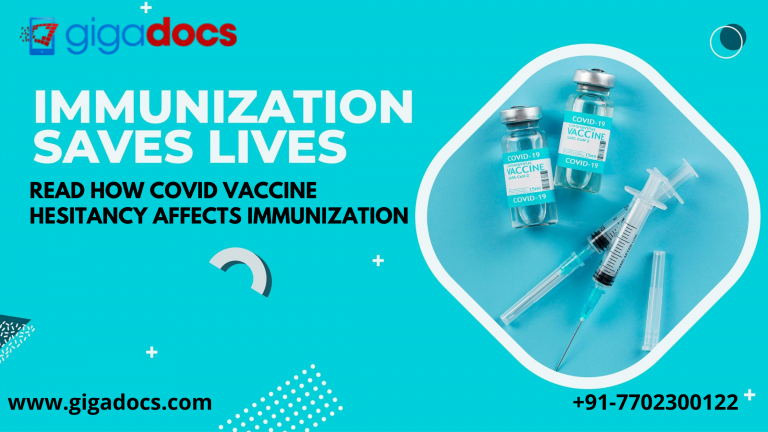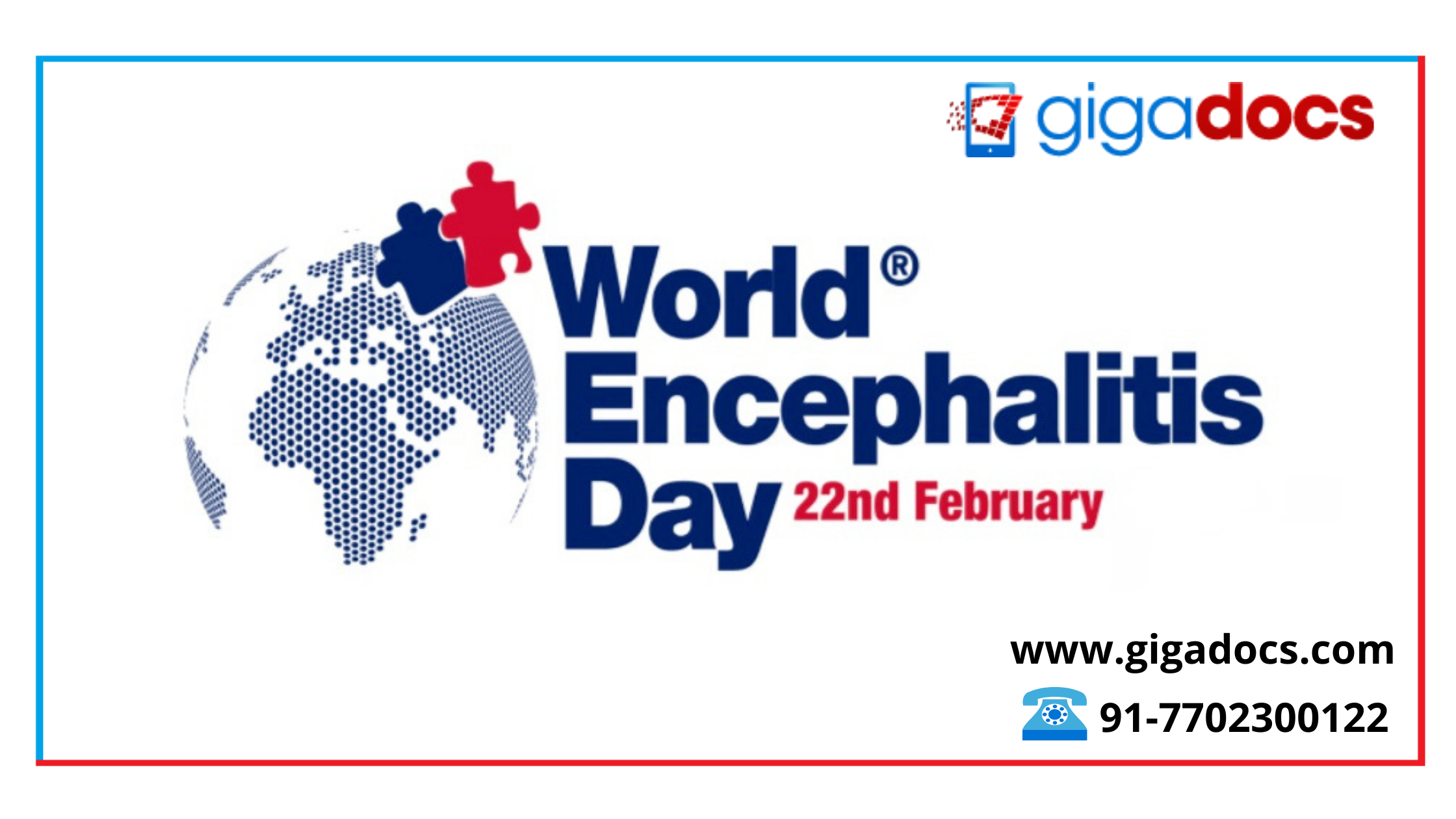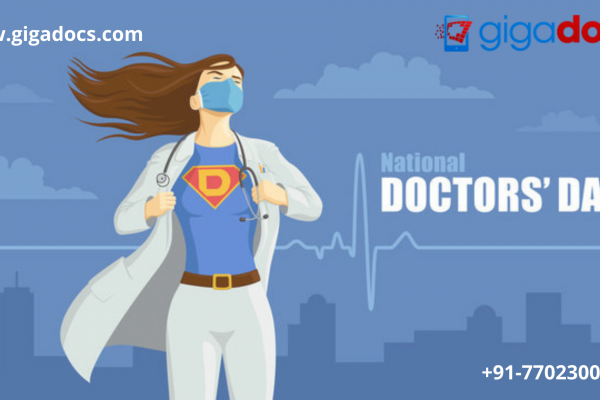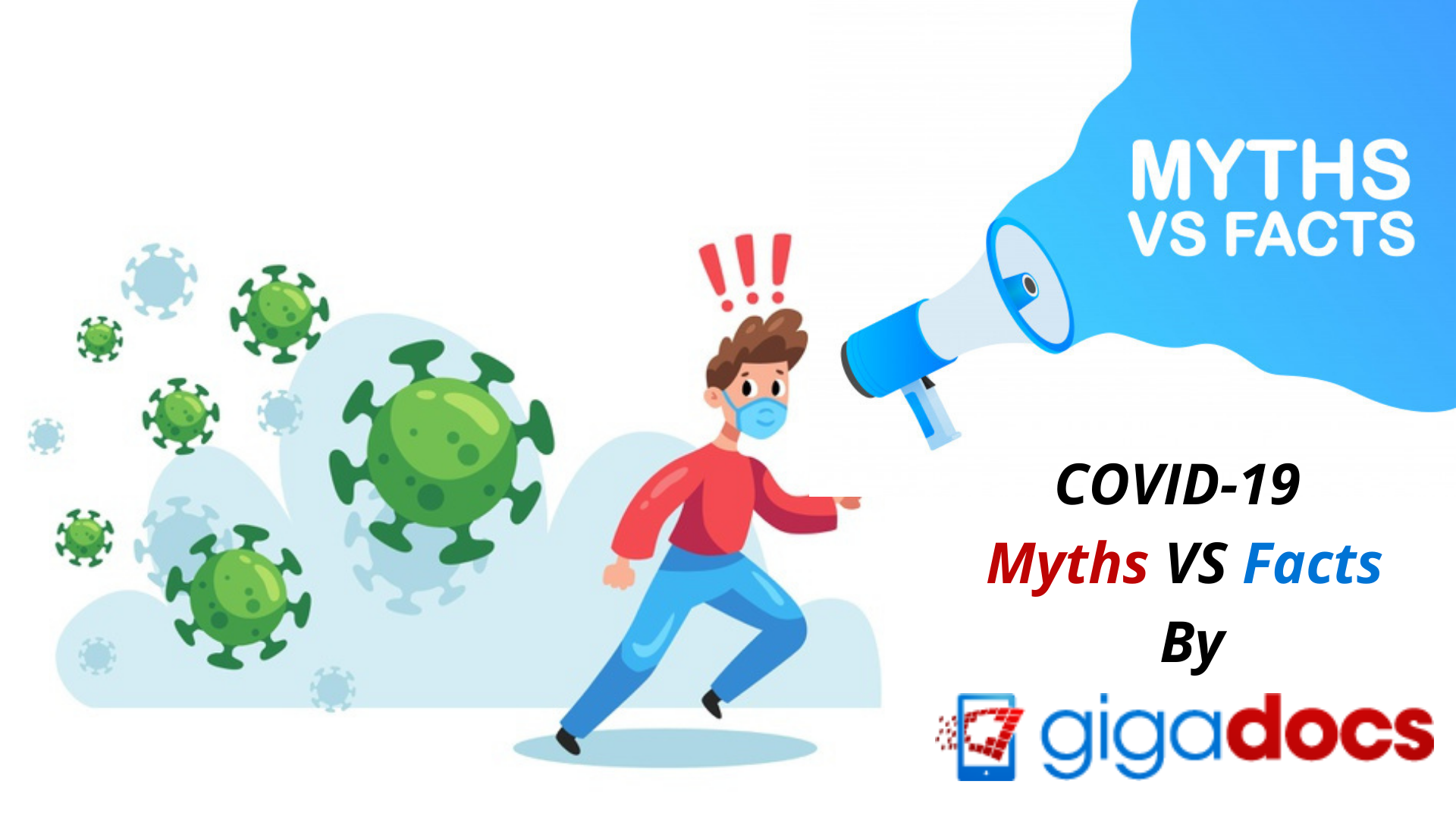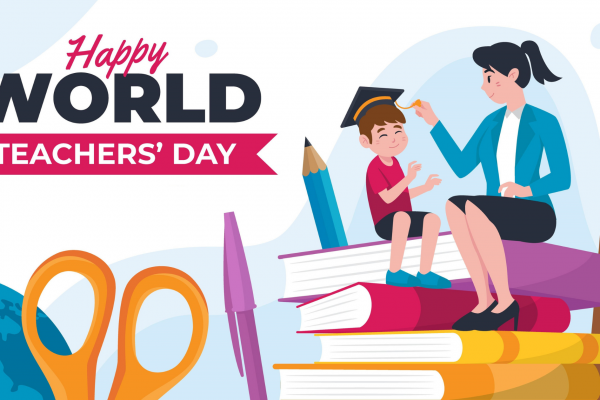Vaccines safeguard five lives per minute and annually prevent up to three million deaths.
Vaccines are one of the most remarkable progress in global health and wellbeing. For over two centuries, vaccines have successfully reduced the onslaught of diseases like smallpox, polio, and measles allowing children to grow healthier and strong.
What is Vaccination?
Vaccination makes an individual immune or resistant to infectious diseases. Vaccinations lower the risk of developing infections, which can cause severe problems and even death.
According to the WHO, immunization protects children against diseases like Polio, Measles, Diphtheria, Tetanus and against Pneumonia and Rotavirus Diarrhea, which are two of the leading causes of death among children under the age of five.
Despite these long-standing gains, low levels of vaccination exist. Every year, over 20 million children miss out on life-saving immunizations. The poorest and most marginalized children, who are frequently the most in need of immunizations, continue to be the least likely to receive them. Many of these children stay in conflict-torn countries or in remote towns.
How can Vaccines help?
Few diseases that once took the lives of thousands have been fully eradicated, thanks to vaccination. Polio is an excellent example of how vaccines have had a significant impact in India. Polio explains best how immunizations have made an enormous difference in India.
Polio was previously India’s most feared disease, bringing death and paralysis throughout the country, but owing to vaccination, India has been certified polio-free by the WHO and removed from the list of endemic nations as of 2014.
| World Immunization Day 10th November is World Immunization Day which emphasizes vaccination as a low-tech, cost-effective, high-impact alternative to minimizing illness amongst people of all ages. World Immunization Day aims to raise awareness about the significance of receiving vaccines against vaccine-preventable diseases. |
Addressing Vaccine Hesitancy
Vaccine hesitancy is the delay in accepting or refusing vaccinations altogether. Vaccine reluctance is multifaceted and changes with time, region, and allergy susceptibility.
WHO explains vaccine hesitancy as one of the top public health concerns! At the same time, vaccine apprehension is as historic as vaccination, and the difficulty varies depending on the social setting. Vaccine hesitancy and the resulting ‘infodemic’ are now significant contributors to global under-vaccination especially Covid-19 vaccines. What are the causes? Let’s probe in detail.
Causes of Vaccine Hesitancy
Vaccination apprehension stems from a variety of factors. Concerns surround how rapidly the COVID vaccinations were developed and whether they are safe. Due to these concerns, several people have adopted a “wait and see” attitude. Others have technical concerns, such as whether people should be vaccinated, if they’ve already had COVID, or, if the vaccinations will be effective against different strains, and how we’ll know whether they’re safe for children.
Overcoming Covid-19 Vaccine Hesitancy
Trying to persuade someone to be vaccinated? Here are helpful tips:
- Recognize risk- People react aggressively to any new threat from anything with which they are unfamiliar. Every time we drive our car or allow our kid to ride their bike down the street, we face it. The threat of COVID-19 is real and growing. While it is understandable to have questions about the vaccination or seek additional information from trustworthy sources before getting vaccinated, getting vaccinated will lower the risk to yourself, your loved ones, and society a whole.
- Discuss potential dangers- Inform individuals about what to expect from vaccines, from typical side effects like muscle soreness and fever to the unusual threat of allergic reactions. Discuss what steps are being taken to monitor and respond to these reactions.
- Offer emotional assistance- This goes a long way to protect friends, family and safeguard the people you care about.
- Offer information to those seeking it- Distribute articles from credible sources to refute misinformation regarding Covid vaccinations’ safety and efficacy.
- Do share your experience- Saying “go get the vaccine” is one thing; expressing how you have faced the vaccination and discussing the benefits will go a long way to inspire others to get vaccinated.
Addressing Vaccine Hesitancy
Across the country, family physicians are leveraging the power of digital communication to combat vaccine hesitancy, relying on text and email to share evidence-based resources about COVID-19 vaccinations with patients who are hesitant or face barriers to immunization.
It is up to every one of us to keep our families and communities safe — and understanding the facts regarding COVID-19 immunization efforts can help us reclaim the moments we have lost.
We urge all our patrons to get their Covid vaccinations to protect themselves and their families against the deadly virus. In a step ahead, for parents, Gigadocs has come up with the Immunization schedule, that helps them keep pace with their child’s annual vaccination schedule. Check the Gigadocs Immunization schedule here.
Download the Gigadocs App and avail expert consultation for chronic and nonchronic seasonal infections from your home at a time convenient to you.
To Download Gigadocs App–
- IOS App – apple.co/2W2iG4V
- Android App – bit.ly/33AQoRC
To know more and schedule a Virtual Consultation demo, e-mail at info@gigadocs.com
